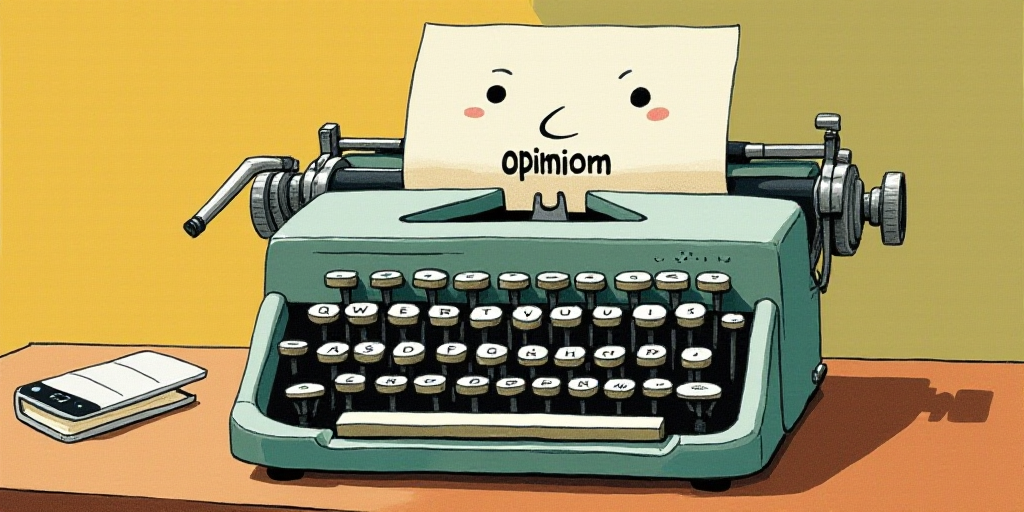Introduction to Miguel Zunzunegui’s Perspective
I have had the privilege of listening to Miguel Zunzunegui, a historian, writer, and speaker who has devoted much of his life to contemplating how narratives shape our perception of the world. Each time he speaks about history, identity, and how Mexicans narrate their own stories, he confirms something I have long suspected: much of our problems stem not from what happened to us, but how we choose to narrate it.
Connecting Zunzunegui’s Reflections to National Narratives
This reflection directly ties into what I discussed in my previous column, emphasizing the urgency for Mexico to think and narrate itself differently as a nation. It’s not merely acknowledging the shortcomings or excesses of our political and social reality, but daring to alter the narrative from which we build identity and future.
Zunzunegui’s Insight on Mexican Identity
Zunzunegui explains this with stark clarity: “What happened in this country was not a genocide, but a complex process of mestizaje. We are descendants of those who built Teotihuacan and also of those who raised the Seville Cathedral. Denying either of these roots is denying ourselves.”
Historical Narratives and Their Impact on Mexican Identity
For centuries, we’ve learned to live with a narrative marked by defeat. Schools taught us first that pre-Hispanic peoples were the best, then suddenly, a handful of Spanish conquerors “conquered” us all. How can one avoid confusion from such conflicting history lessons? This contradiction sowed the idea in generations that being Mexican equates to failure, as if eternal defeat were tattooed on our foreheads.
The issue isn’t the historical fact but the story we choose to tell about it. We’re trapped repeating the Conquest as our original “family feud,” that primal trauma we can always blame for everything. If we keep living in victimization through this narrative, we condemn ourselves to perpetuate it.
Understanding that a new entity emerged from this collision of worlds—a mestizaje with its lights and shadows, yet giving us identity, language, culture, and institutions—helps us accept our heritage instead of denying it. We start reconciling with who we are.
The Importance of Choosing a Distinct Narrative
Zunzunegui’s message is clear: narratives are decisions. Mexico needs to choose a different narrative, one that doesn’t deny the wound but also frees us from it.
Educational Revolution and Changing Narratives
The true educational revolution should start by rewriting our school history books and gradually shift the victim narrative to our teachers. As Zunzunegui says, eliminating victimism urges our country: if Mejía Barón had made the changes, if Colosio hadn’t been assassinated, if Salinas had devalued, or if it was a penalty in the World Cup, or the silliest of all, if Spaniards asked for our forgiveness for what happened 500 years ago. Let’s stop blaming the past and focus on the present, a reality where we see ourselves as active creators rather than passive victims, heirs of two worlds capable of building something new from their encounter.
Key Questions and Answers
- What is Miguel Zunzunegui’s perspective on Mexican identity? Zunzunegui believes that Mexico’s strength lies in its mestizaje, a blend of indigenous and Spanish heritage. He argues against denying either root, as it means denying oneself.
- Why is changing the historical narrative important for Mexico? Changing the narrative from victimization to one that acknowledges both positive and negative aspects of Mexico’s past can help the nation accept its heritage, foster reconciliation, and move forward constructively.
- What does Zunzunegui suggest about educational reform in Mexico? He advocates for rewriting history books and shifting the focus from victim narratives to empowering students with a more balanced understanding of Mexico’s complex past.






